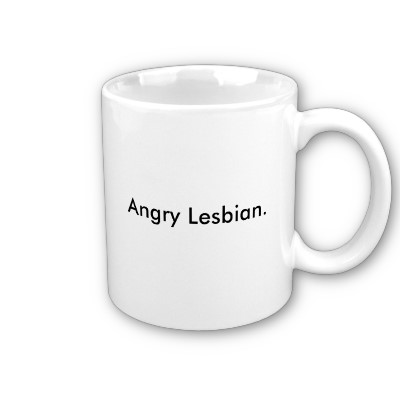I decided to close Women’s History Month with a conversation with someone who has inspired so much of my work as an activist, and is living proof that we can create change in the world simply by speaking out and staying true to ourselves: Letta Neely. Letta is the phenomenal woman who…
-
-
African Feminism - Afrofeminism - Blog - Gender and LGBT Issues - Interviews - LGBT Africa - New Media - Special Series
Kitchen Table Conversations: LGBT African Diaspora Speak on Culture, Queerness, and Media
In partnership with Women, Action, and the Media (WAM!), I’m hosting a virtual panel that features the perspectives of LGBTQ African Diaspora on African culture, queer identity, and the media. The focus of the panel will in part be driven by pre-submitted questions from listeners, but will also aim to highlight the…
-
To Hell With Mainstream Press Coverage: Women, People of Color, and Trans People Should Create and Control Their Own Media Stories
As leaders of social change, we aren't in a position to suffer "bad" press -- which in our field, often means mis-informed, mis-quoted, downplayed, and at times, downright inaccurate press coverage on the social justice issues we care about. Our causes -- "brands" for the sake of argument -- aren't…
-
New Narratives, New Voices: Why I Hate the Word Diversity
But in my fight for "diversity", I've often found myself pigeon-holed into choosing on one fight -- the "people of color" fight -- over others (sexism, immigration etc), and losing critical ground on those other fronts as a result.
-
A Rant — The Ugly Business of Good Social Causes
I really wish the LGBT and non-profit industry in general would stop hiding behind "good causes" and own their mistakes/shortcomings so we can all move forward.
Online rulet oyunları gerçek zamanlı oynanır ve online slot casino bu deneyimi canlı yayınlarla destekler.
İnternet üzerinden eğlence bahsegel giriş arayanlar için deneyimi vazgeçilmezdir.
Kullanıcıların hesaplarına hızlı ve sorunsuz bettilt ulaşabilmesi için adresi her zaman güncel tutuluyor.


